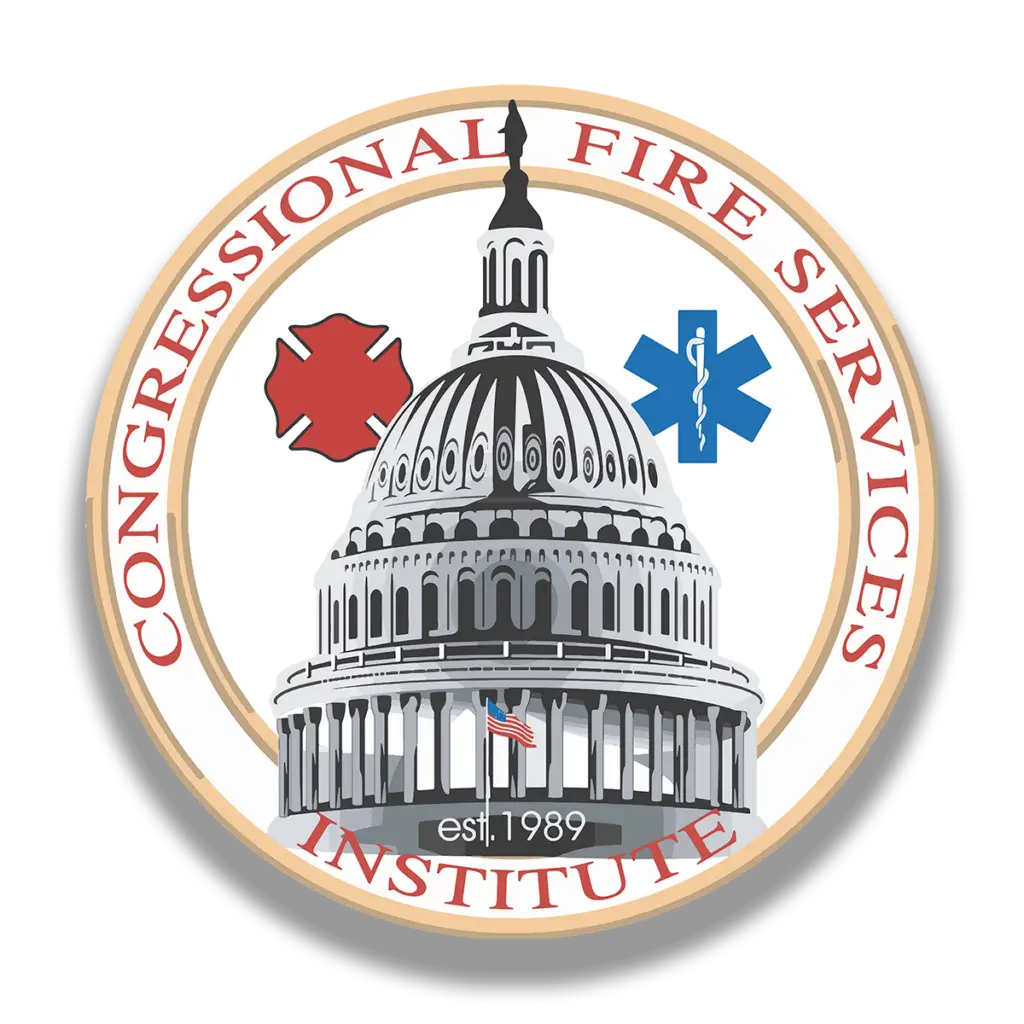Prehospital 9-1-1 emergency response is one of the essential public safety functions provided by the United States fire service in support of community health, security, and prosperity. Fire service-based emergency medical services (EMS) systems are strategically positioned to deliver time-critical response and effective patient care. Fire service-based EMS provides this pivotal public safety service while also emphasizing responder safety, competent and compassionate workers, and cost-effective operations.
In doing their work, fire service-based EMS personnel face a variety of challenges, including ensuring personal safety on the job and addressing behavioral and physical health challenges that stem from the job. More systemically, fire service-based EMS faces significant challenges with staffing shortages, as well as reimbursement and other issues affecting departmental finances.

Reimbursement
CFSI advocates for many initiatives to help address the financial challenges facing fire service-based EMS, including supporting legislation to extend and increase Medicare add-on payments, initiatives to provide options for Treatment in Place, as well as a pilot program to examine ways to increase flexibility in the provision of emergency medical services.

Physical Health and Wellness
Physical health, including cardiovascular health, is of particular importance in the fire and emergency services. CFSI advocates for policies and programs to support physical health in the fire and emergency services, including funding for AFG and SAFER that can be used to establish wellness programs at departments.

Behavioral Health
CFSI advocates for policies and programs that support the behavioral health of fire and EMS personnel. This includes advocating for funding for the AFG and SAFER grant programs, which can help departments to set up or access behavioral health resources including peer-to-peer counseling programs, treatment programs, and much more.
CFSI also supports legislation such as the HERO Act that will help to fund training for peer counseling, establish behavioral health and wellness programs, increase data collection regarding public safety officer suicides, and more.
Current Legislation
Helping Emergency Responders Overcome (HERO) Act
The legislation provides funding for peer counseling programs for public safety officers, and collects data on post-traumatic stress among public safety officers to assist in developing best practices and improve measures to recognize, prevent, and treat mental health issues among public safety officers.
- On the job, fire and EMS personnel are frequently exposed to scenes including traumatic injury and loss of life.
- The psychological impacts of such exposure can have severe negative effects on fire and EMS personnel.
- There is a great need for more robust mental health awareness, treatment, and support in the fire and emergency services.
Click here to download the HERO Act One Pager.
The bill has been introduced (H.R.1902)
